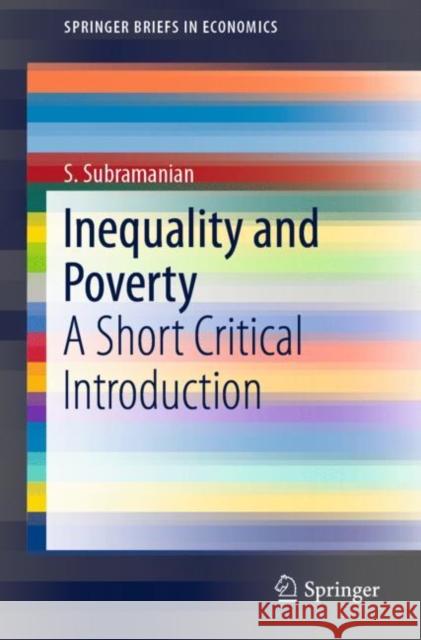Inequality and Poverty: A Short Critical Introduction » książka
topmenu
Inequality and Poverty: A Short Critical Introduction
ISBN-13: 9789811381843 / Angielski / Miękka / 2019 / 96 str.
Kategorie:
Kategorie BISAC:
Wydawca:
Springer
Seria wydawnicza:
Język:
Angielski
ISBN-13:
9789811381843
Rok wydania:
2019
Dostępne języki:
Numer serii:
000433834
Ilość stron:
96
Waga:
0.17 kg
Wymiary:
23.39 x 15.6 x 0.61
Oprawa:
Miękka
Dodatkowe informacje:
Wydanie ilustrowane











